Budget planning: Why you should rely on planning software
Effective budget planning is essential for any business, regardless of its size or industry. It allows you to optimize financial resources and make informed decisions. Planning software can be an invaluable aid in this regard, allowing you to efficiently manage the tasks at hand while remaining transparent.
What is your situation? Is planning software already helping you, or is it becoming increasingly difficult to set a budget for your company that won’t have to be discarded tomorrow?
In this article, we explain the potential dangers for your company that lurk behind poorly thought-out budget planning and how you can cleverly circumvent them with smart planning software.
The invisible danger
Companies that do not use planning software for their budget planning can encounter various challenges. Often, those responsible are unaware of them - until it’s too late to turn the tide. Hopelessly steering into abysmal sales figures.
Everyone makes mistakes, but…
A fairly typical danger is the high probability of errors on the part of the human component. When budgets are created and calculated manually, there is a risk of typos, formula inconsistencies or other errors. These errors can lead to incorrect results and affect the entire budget. Planning software minimizes this risk by performing automatic calculations and detecting errors through its validation capabilities.
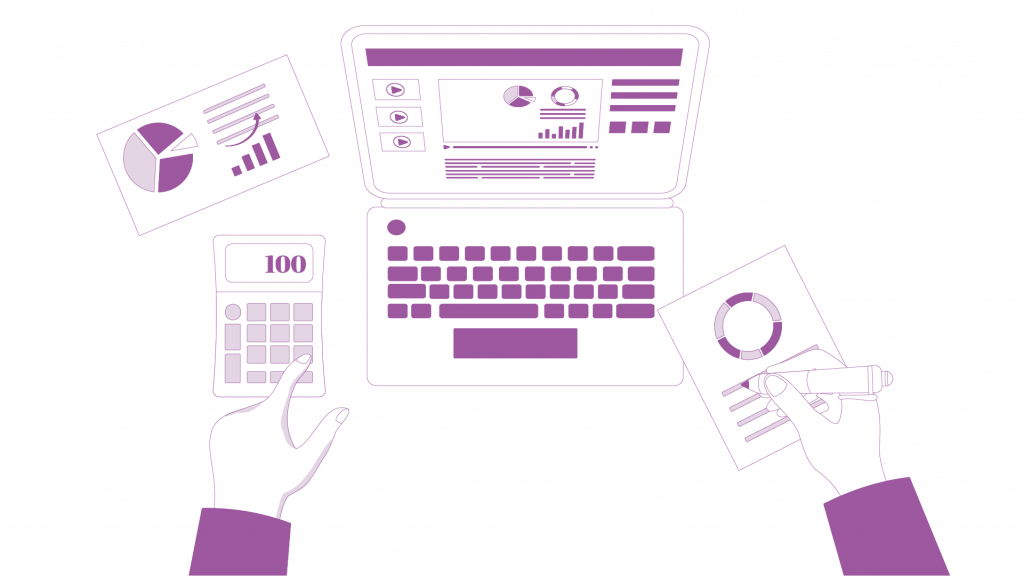
Never know where you stand
Another problem with using traditional methods without planning software is the lack of transparency and consistency. When multiple people in an organization are involved in budget planning and use separate spreadsheets, it can be difficult to keep track and consolidate the different versions. This can lead to confusion and hinder collaboration. Planning software provides a central location for budget data that all stakeholders can access. This improves transparency and minimizes the risk of inconsistencies.
Furthermore, without planning software, it can be difficult to keep track of budget progress and any variances. Manually monitoring expenses and revenues can be time-consuming and take focus away from other important tasks. This allows for timely action to be taken to keep the budget on track.
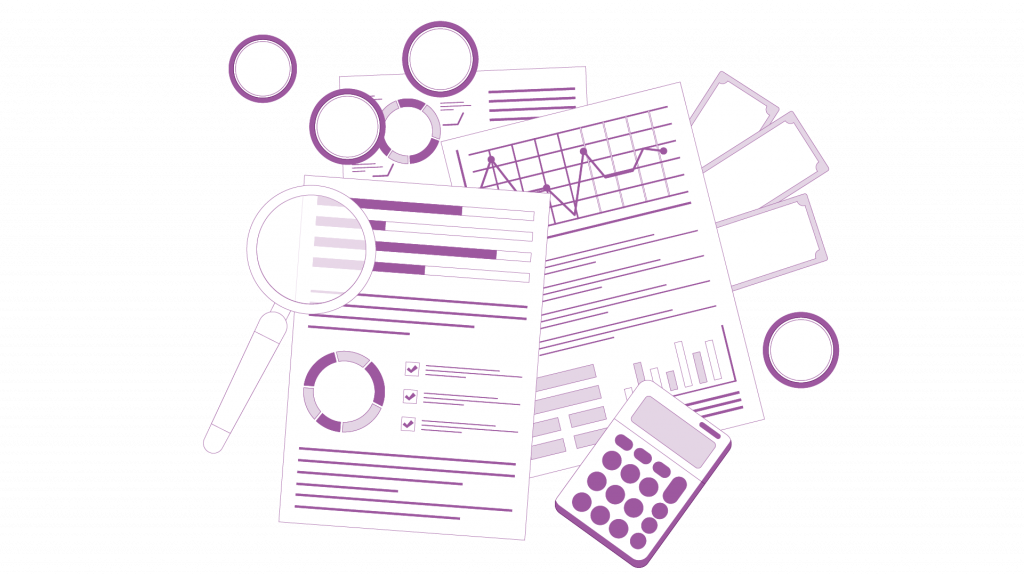
Having to set limits where there are none
In addition, companies without planning software have limited analytical capabilities. Traditional methods may not provide the tools and functionality needed to perform extensive financial analysis and gain detailed budget insights. Planning software, on the other hand, provides powerful analytical tools that allow companies to simulate different scenarios, perform “what-if” analysis and make informed decisions. Without these capabilities, companies may miss important opportunities to optimize their budgets.
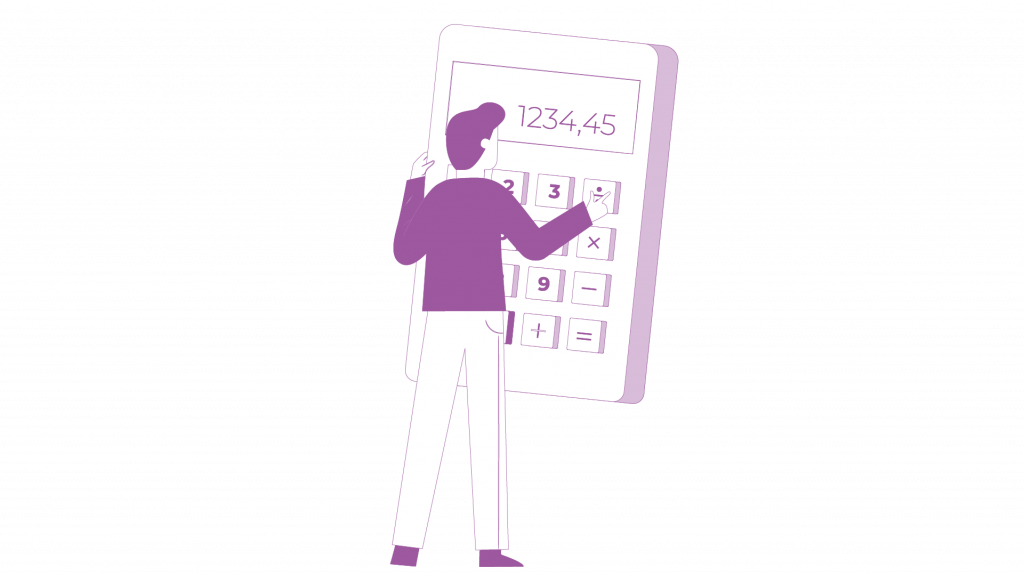
Hope for improvement becomes tangible
But where there are dangers, there are also untapped opportunities waiting in the wings. Using planning software for budget planning not only saves you hassle and confusion, like constantly changing planning cycles that only ever help in the very short term, but it gives you numerous advantages over your peers.
Automatically to the top
A major benefit of planning software lies in its ability to automate budgeting processes. Instead of performing tedious manual calculations, companies can access intuitive tools that allow them to create budgets faster and more accurately. This increase in efficiency saves time and resources that can be used elsewhere to move the business forward.
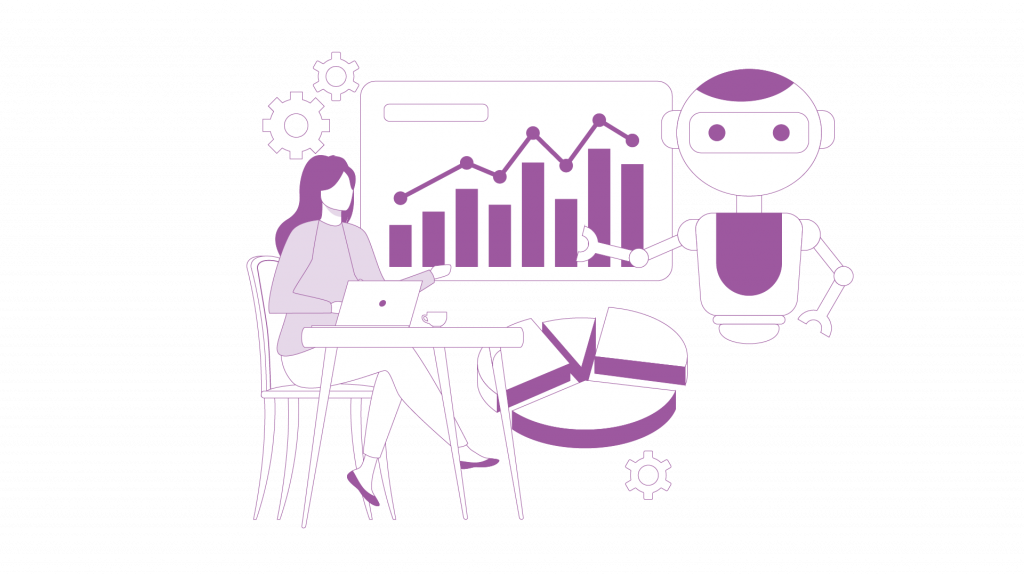
Transparency at last
Another advantage of planning software is the transparency it provides. Traditional methods, such as working with spreadsheets, are prone to errors. This can lead to misunderstandings and misinterpretations, ultimately resulting in flawed budget decisions. With planning software, all stakeholders have access to the same information in real time. Changes and updates can be tracked in real time, leading to a smoother budgeting process. This improves collaboration and allows decisions to be made based on current and accurate data. This improves overall communication and collaboration within the organization.
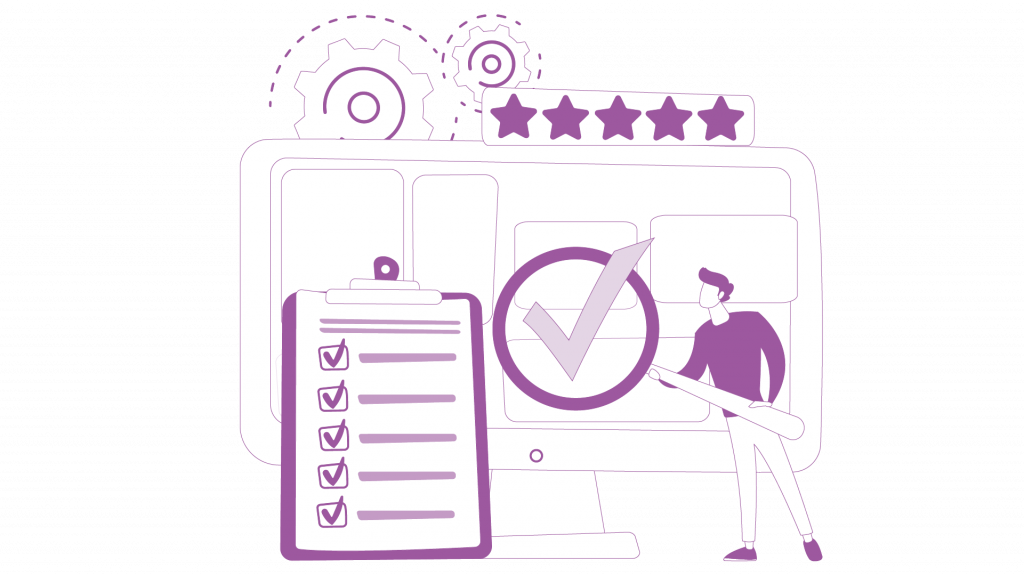
Higher quality = Higher profit
Planning software also allows you to better monitor and analyze the budget. With built-in reporting features and dashboards, companies can track the progress of their budget, identify variances and make adjustments as necessary. By analyzing expenses and revenues in detail, companies can identify potential savings and improve financial performance.
No more “what if"s
Last but not least, planning software offers the ability to simulate scenarios and perform “what-if” analyses. By changing different variables, companies can estimate the impact on their budget in advance. This enables them to make informed decisions and minimize risks. The software thus provides a kind of virtual test lab where different budget options can be run through to find the best strategy. This enables them to make informed decisions and minimize risks.
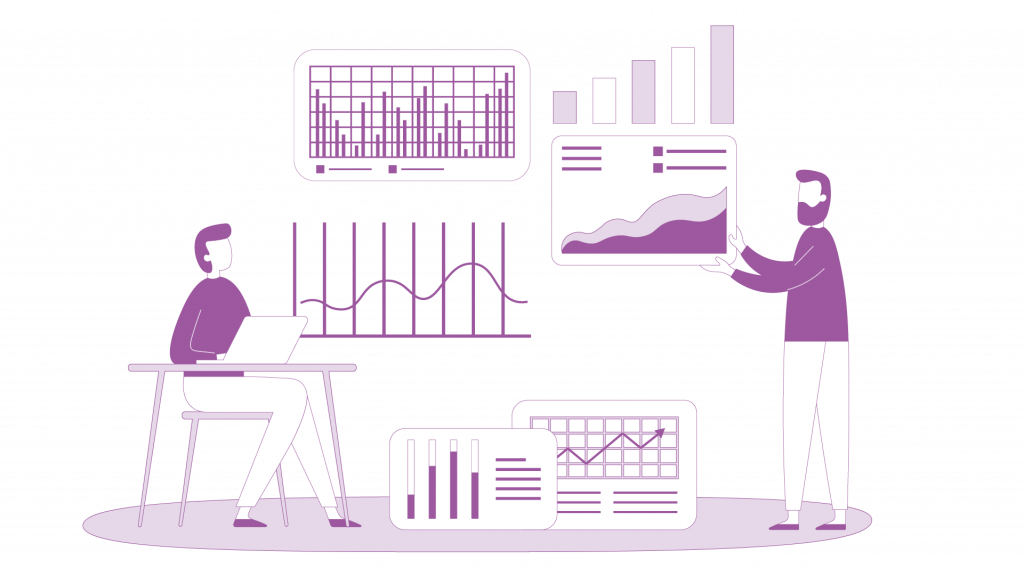
Conclusion
Companies that do not use planning software for their budget planning can face various difficulties. However, investing in planning software can effectively address these issues and help them perform more accurate, efficient and transparent budget planning. Companies that rely on such software can improve their financial stability and succeed in the long run.


